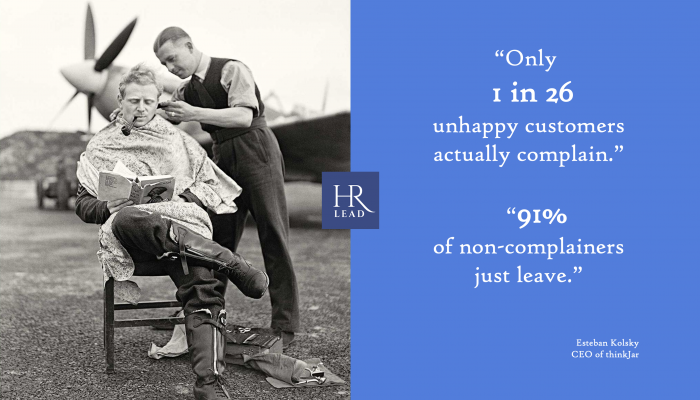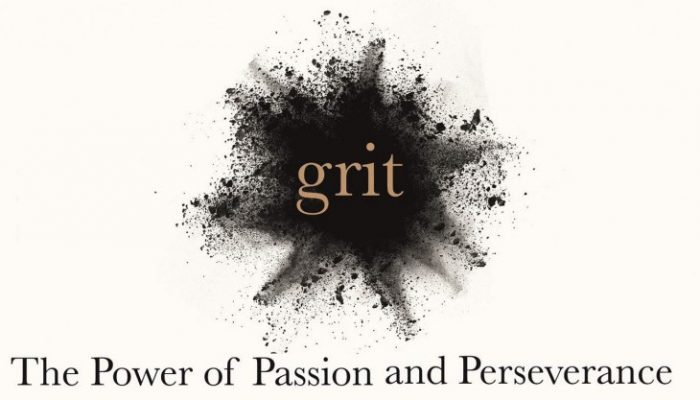On Tuesday I have attended ‘The Biggest Trends Impacting the Future of Work‘ webinar organized by Gartner for HR.

Many factors are impacting the future of work. In this rapidly shifting environment, HR leaders must address management issues and wellness concerns.
I would like to share with you 2 personal takes away.
Creative destruction of the Manager Role comes with a new mandate
Companies are seeing operations changed and as one type of operational business goes out of the business, the other one comes in and takes its place due to constant innovations. Technology is automating away a lot of repetitive tasks.
Managers’ work is rapidly changing, we are asking from them more and more. Next to the typical managerial tasks the biggest challenges managers are facing are demonstrating empathy, enabling flexibility, and make new, fundamentally different tasks, like coach direct reports, take care of employees’ well-being and tailor work to employees’ specific situations.
Recommendations for HR leaders:
- Redefine manager roles to make outcomes achievable.
- Leverage managers as the conduit of company EVP/brand.
- Build managers of tomorrow with digital dexterity, social-creative skill, and empathy. The soft skills there will truly distinguish our managers in the future.
Voting result: 47% of the participants are most concerned with ‘leadership’s abilities’ at their organization in the future of work.
Your company’s employee wellness index become your most important talent KPI
Due to the global pandemic people are working too hard and feel more emotionally drained. There is a direct connection between wellness and our employees’ desire to quit. Candidates and employees start using wellness (physical-, mental- and financial well-being) to evaluate companies as they do not want to burn out. Wellness becomes a clear part of the company’s value proposition.
Recommendations for HR leaders:
- Create an employee wellness dashboard to monitor progress.
- Embed wellness scores in talent processes (attrition).
- Address wellness data storage, accessibility, and security.
Voting result: 36% of the participants see ‘culture change’, 32% ‘offering flexibility’ as the biggest opportunity for improving well-being.


